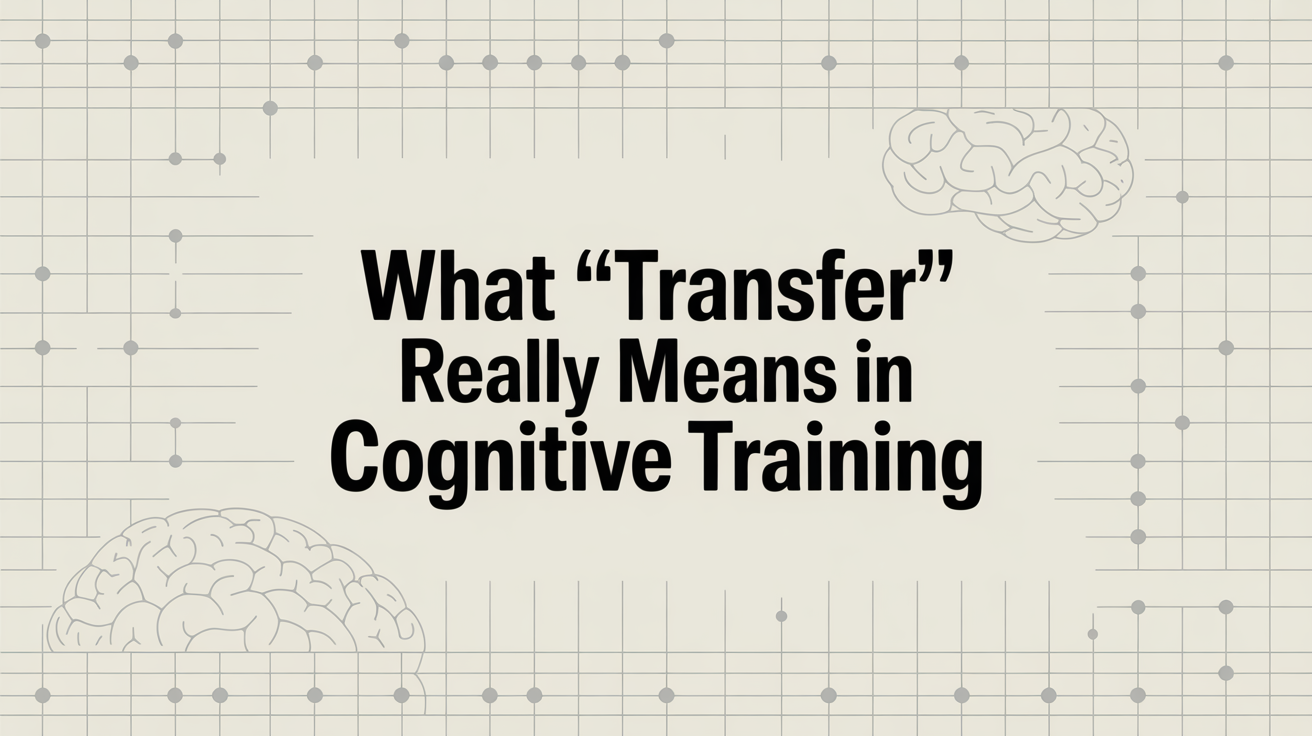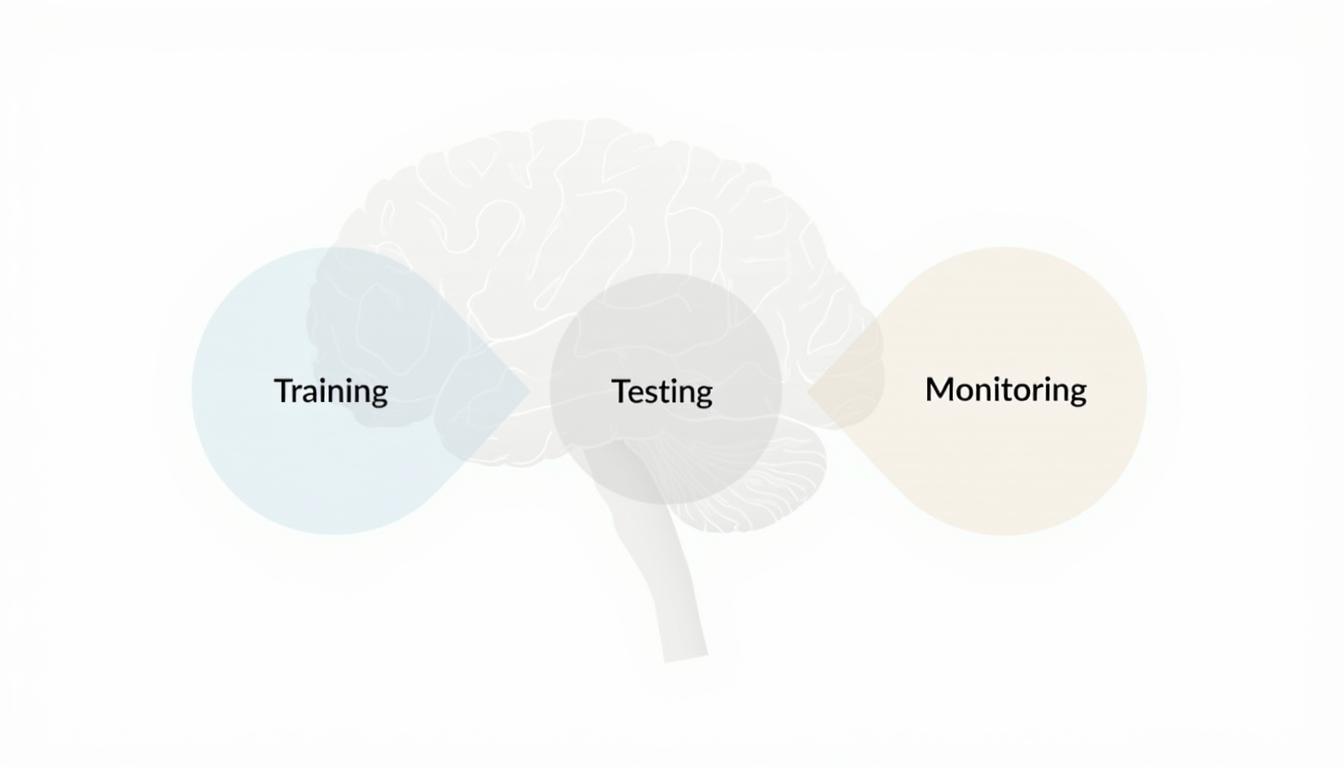Welcome to the Research and Strategy Services at in today's fast-paced.


As an ADHD specialist who has worked with thousands of families, I’ve noticed a pattern: in high-achieving Asian families, ADHD often goes unnoticed or is dismissed—until it starts affecting academic success. Parents tell me, “She’s so smart, but she just won’t focus.” Or, “He’s capable of so much more, but he just doesn’t try.” But behind these frustrations lies an overlooked truth: ADHD isn’t about intelligence—it’s about how the brain processes information, motivation, and executive function.
For many Asian families who prioritize education, ADHD presents a unique challenge. The cultural stigma, high academic expectations, and misunderstanding of ADHD symptoms can lead to delayed diagnosis, emotional distress, and missed opportunities for children who are actually brimming with potential.

Many Asian parents associate ADHD with hyperactivity, defiance, or poor behavior. But inattentive ADHD, which is common in gifted children, looks very different. These kids may appear quiet, lost in thought, or highly intelligent yet inconsistent in performance. Since they aren’t disruptive, their struggles often go unnoticed.
🔹 Common overlooked ADHD signs in Asian students:
Many of these behaviors are mistaken for laziness or a lack of discipline, leading to frustration instead of support.
In many Asian households, academic success is deeply tied to self-worth and future stability. The pressure to perform can be immense, making ADHD-related struggles even more distressing.
🔹 Common struggles ADHD children face under high academic pressure:
Instead of recognizing these as executive function challenges, many parents try to push harder, which can backfire, leading to burnout or low self-esteem.
Many Asian cultures emphasize hard work, perseverance, and self-discipline as solutions to academic struggles. While these values are important, they don’t address neurological differences like ADHD.
Some families worry that an ADHD diagnosis will label their child as “less capable” or lead to fewer opportunities in competitive academic environments. This can delay proper intervention—yet early support is what helps ADHD kids thrive the most.
While ADHD presents challenges, it also brings unique strengths—many of which are highly valuable in today’s world. Asian parents often focus on academic skills but may overlook ADHD-driven strengths like:
✅ Creativity & Innovation – ADHD minds excel in thinking outside the box. Many top entrepreneurs and innovators have ADHD.
✅ Hyperfocus – When interested, ADHD kids can deep dive into subjects and master complex topics faster than peers.
✅ Resilience & Adaptability – When given the right support, ADHD children learn to navigate challenges better than most.
Rather than viewing ADHD as a disadvantage, it’s important to channel these strengths into meaningful success.

Many ADHD struggles—forgetting homework, losing focus, procrastinating—are not intentional misbehavior. Instead of strict discipline, try strategies like:
🔹 Use checklists and visual reminders instead of verbal nagging
🔹 Set clear time limits with alarms or timers for better task management
🔹 Help them break big tasks into smaller steps to prevent overwhelm
ADHD kids often have intense emotions—especially in high-pressure environments. They need guidance to manage stress and setbacks.
🔹 Encourage “brain breaks” during study sessions (e.g., movement, music, or quick relaxation).
🔹 Teach self-compassion—remind them that making mistakes is part of learning.
🔹 Normalize discussions about mental health to reduce stigma and build emotional resilience.
Traditional study methods (rote memorization, long hours of sitting still) don’t work well for ADHD students. Instead, try:
✅ Active Learning – Use movement, hands-on activities, or teach-back methods.
✅ Gamification – Turn study sessions into challenges with small rewards.
✅ Personalized Study Environments – Allow them to experiment with music, standing desks, or different locations to optimize focus.
ADHD in high-performing Asian families is often misunderstood, hidden, or dismissed—but it doesn’t have to be. With early recognition and the right support, ADHD children can excel not just academically, but in creativity, leadership, and innovation.
By shifting the focus from fixing weaknesses to maximizing strengths, parents can unlock their child’s full potential. ADHD isn’t a barrier to success—it’s just a different way of thinking, one that can thrive in the right environment.






Welcome to the Research and Strategy Services at in today's fast-paced.

An interpretive overview explaining what “transfer” means in cognitive training, why improvements often remain task-specific, and how transfer should be understood as conditional rather than assumed.

An interpretive overview clarifying the differences between cognitive training, testing, and monitoring, and why these distinctions matter when interpreting cognitive performance data.

An interpretive overview of how cognitive training has been studied after concussion or mild brain injury, including what it may support during recovery, why results vary, and how to avoid over-interpreting training effects.
.png)